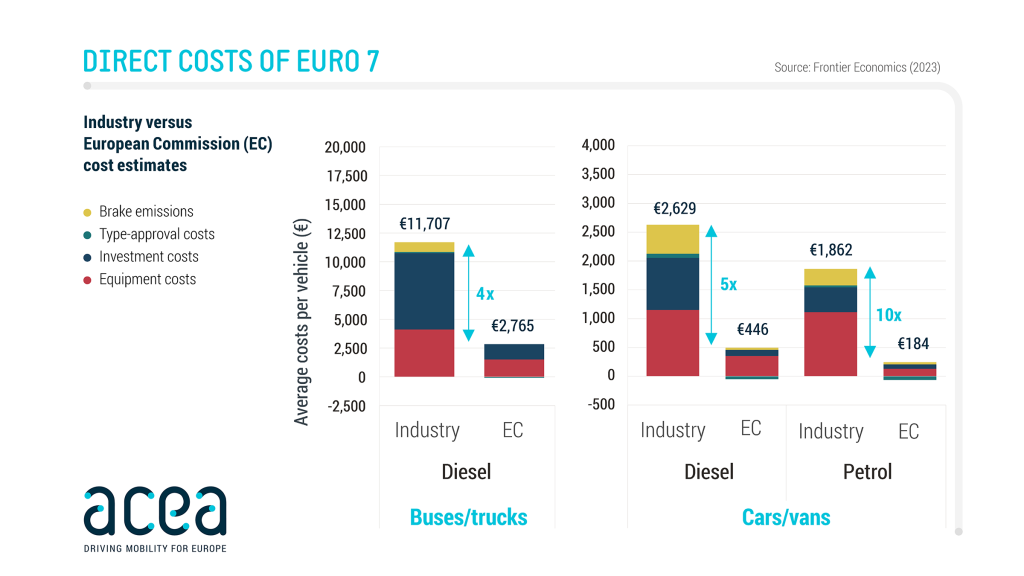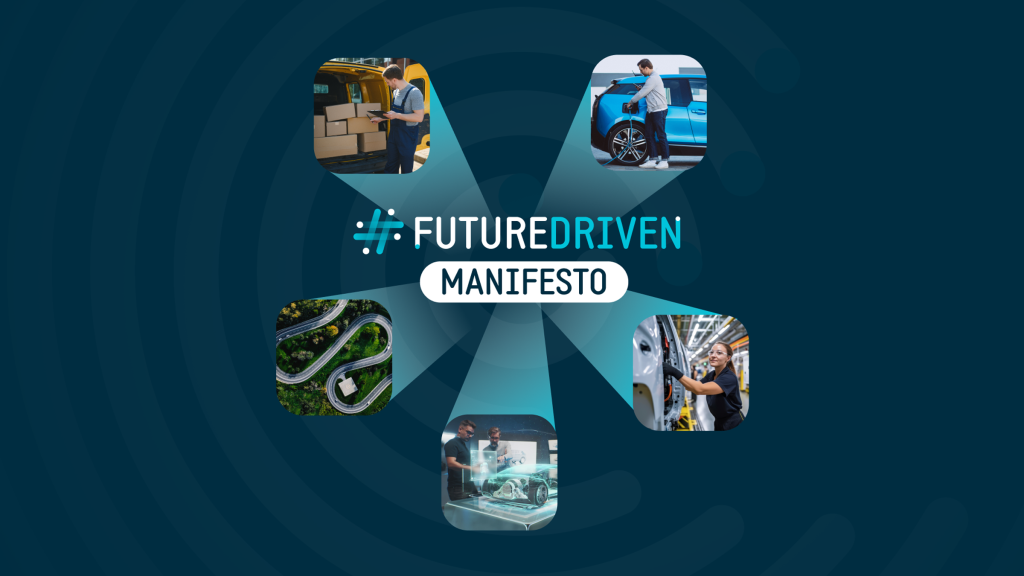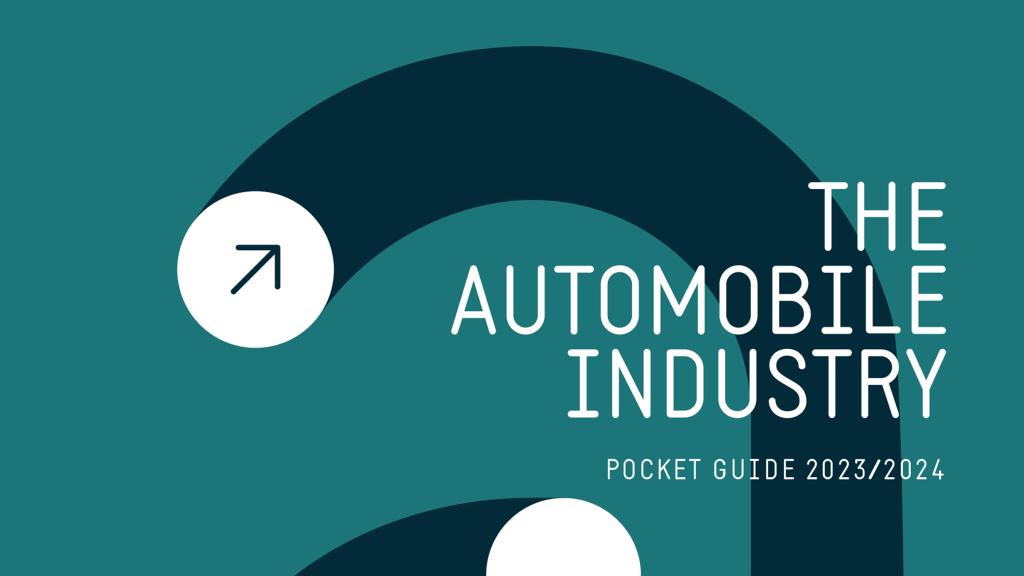A Manifesto for sustainable mobility in a shifting global landscape. Getting Europe back into gear

ACEA’s #FutureDriven manifesto outlines policy shifts and collaborative actions to tackle global challenges amid the electric vehicle transition. As the pieces of the geopolitical chessboard move, and with crucial EU elections just around the corner, ACEA’s manifesto serves as a strategic blueprint for delivering sustainable mobility for all.
In the run-up to pivotal European elections this June, industries across diverse backgrounds are unveiling their manifestos with the hope of sparking the interest of Europe’s new law makers. Collaboration with Europe’s next generation of leaders has never been more important for tackling shared challenges, as they hold both the pens and purse strings that will define the EU’s strategic direction for decades to come.
Arguably, this upcoming EU election may be the most pivotal in modern memory for Europe. The world is no longer the place it was just a decade ago, and Europe’s place as the premier player setting the pieces of the global chessboard can no longer be taken for granted. With the average European increasingly bearing the brunt of mounting economic insecurity and higher household costs, reports of an impending backlash against green regulation at the ballot box are rising.
Europe has long sought to be a sustainability champion, setting ambitious rules with the expectation that others would follow, establishing the global benchmark for regulating. This has undoubtedly had some success, with other major regions often following Europe’s lead and a rake of international regulations built on the European model ensuing.
Regulation can indeed be effective and benefit businesses; strengthening and deepening the single market is an excellent example. A Europe with over thirty different regulations governing the transport of people, goods, and services is unfathomable in this day and age. But Europe needs far more than just regulation if it wants to retain its place as a sustainability leader and an attractive region to invest in and build strategic industries.
It is time for Europe to change tact. There is so much at stake, and inaction could cost far more than just jobs and lost investment. The future of strategic industries like ours is under serious strain as other players like the US and China step up their gameplay. We must do our utmost to combat climate change – and electric vehicles are part of the solution – but where is Europe’s industrial strategy to back up this ambition?
The unprecedented transformation away from the combustion engine – a technology Europe has led the way with – toward battery-electric means whole new value chains, which Europe has not yet fully developed. The transition to the digital age has also brought about profound changes in manufacturers’ business models. At the same time, we are faced with fierce global competition, rising costs of doing business, increasing protectionism, and a radically changing geopolitical landscape.
European auto makers are constructive players who provide solutions to societal challenges. For us, our manifesto is not just about shaping regulation – which of course plays a crucial role – but it also lays out the actions to build sustainable mobility for all Europeans from all walks of life, while maintaining our global competitiveness. That’s why we also pioneer a collective roadmap with an action plan to co-shape the future of mobility together with our partners, including policy makers and customers.
It is not always so evident to everyone that our industry is so intertwined into the fabric of European society. Whether you are a daily commuter who relies on a car or bus to get you or your family to work or school, one of Europe’s vital SMEs depending on trucks and vans to receive or deliver essential goods or services; the vehicles we produce have you covered. The auto industry also spurs economic activity across multiple value chain steps, driving growth, securing employment, while boosting Europe’s trade surplus. It’s a reality that may have come to be somewhat taken for granted in Europe, but not by China and the US who have understood the strategic importance of their domestic auto industries, and who act accordingly.
European auto makers are conscious of our societal responsibility, but the challenge now is to make road transport and industrial activity even more sustainable and competitive. Europe’s future law makers must not lose sight of the fundamental importance of our industry, which underpins so much of what sustains our livelihoods and keeps our economy on the go. With fierce competition from China and the US ramping up, our manifesto provides a blueprint to keep Europe headstrong in its fight against climate change, while enabling one of its most vital industries to thrive.
Europe’s future law makers must not lose sight of the fundamental importance of the automotive industry, which underpins so much of what sustains our livelihoods and keeps our economy on the go.


